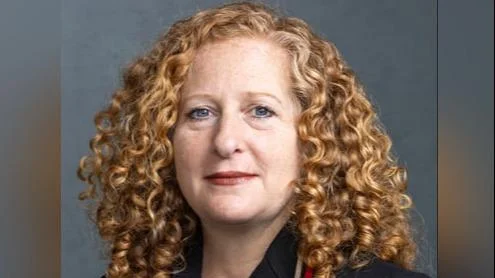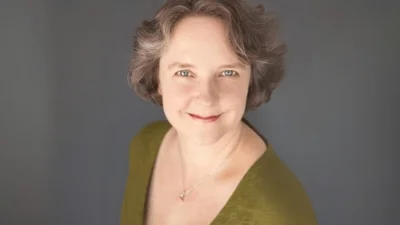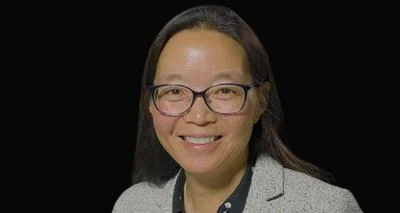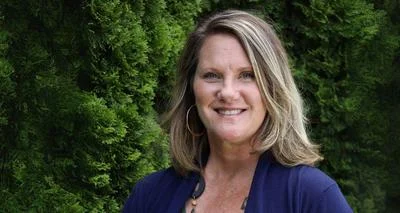Jennifer Mnookin Chancellor | Official website
Jennifer Mnookin Chancellor | Official website
In May, 40 participants from the University of Wisconsin–Madison embarked on the 2025 Wisconsin Idea Seminar. This five-day journey across Wisconsin aims to introduce faculty and staff to various communities and landscapes in the state. The seminar focuses on topics such as forest ecosystems, sustainability, entrepreneurship, health, creative placemaking, and migration.
The program's roots trace back to 1985 when it was created to help new faculty and staff connect with the people and places of Wisconsin. Over the past four decades, more than 1,300 employees have participated in this educational initiative.
Participants met with Menominee language educators who shared their community’s long-standing history. They also engaged with Hmong farmers celebrating 50 years in Wisconsin by cultivating traditional crops like garlic and scarlet eggplant. Additionally, they visited family members at the Wisconsin Alzheimer’s Institute who use music to aid dementia patients.
High school students collaborated with the Wisconsin Latinx History Collective and the Wisconsin Historical Society to document oral histories. Grandmothers Bonnie McKiernan and Zakiya Courtney were noted for their role in preserving knowledge and community ties.
The group encountered UW alumni at each stop who are actively involved in strengthening university-community relations through research and entrepreneurship initiatives. Participants included a diverse range of professionals such as a forensic toxicologist, a dancer, a chemist inspired by a periodic table placemat, and a licensed pilot.
Gulustan Ozturk, a food science professor who took part in the seminar, remarked: “Throughout the Wisconsin Idea Seminar, every place we visited felt incredibly welcoming... It reminded me that love and community can be found everywhere.”
Jay Stokes from Milwaukee expressed his newfound understanding of the program: “I have a new appreciation for the Wisconsin Idea," he said. "I now understand it. I can explain it. I believe in it."
As these faculty and staff return from their journey, they are prepared to further embed themselves within their communities across Wisconsin.





 Alerts Sign-up
Alerts Sign-up